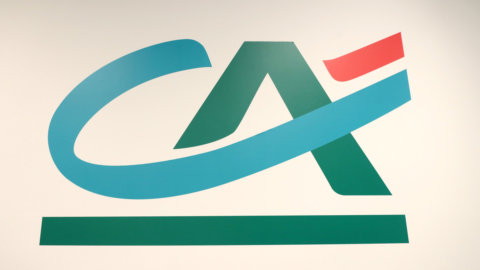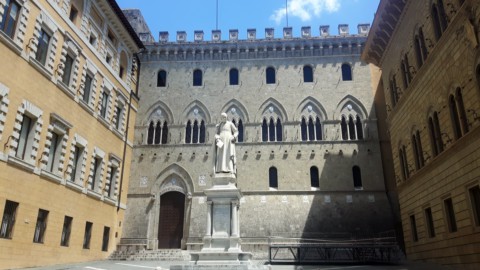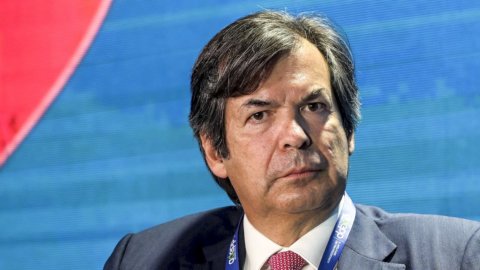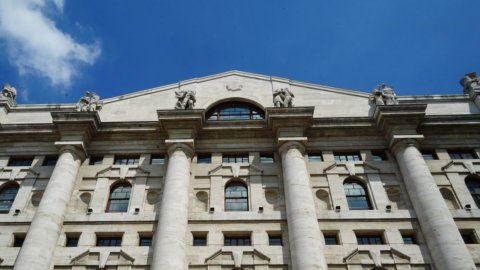La Fed does not change helmsman. The president of the United States, Joe Biden, has decided to confirm Jerome Powell to lead the US Central Bank for another four-year term. His deputy will be Lael Brainard, a member of the Monetary Policy Committee, whose name was circulated as a possible replacement for Powell. Political continuity is therefore guaranteed in a very delicate moment, given the rate of inflation (at the highest rate for over thirty years in the first ten months of 2021) and the economic uncertainty linked above all to the fourth wave of the pandemic.
Biden thus disavows the progressive wing of the Democratic Party, which was busy with a changing of the guard at the top of the Federal Reserve. On the other hand, the tradition has been recovered according to which the central banker, at the end of the first term, obtains reconfirmation regardless of the political affiliation. The unwritten rule had been broken by Trump, who had decided not to confirm Janet Yellen (now number one in the Treasury) precisely to nominate Powell.
In a note released to inform of his choice, Biden remarked on Powell's "decisive" leadership during the pandemic crisis. "I am confident that President Powell and Dr. Brainard's focus on keeping inflation low, prices stable and employment full will make our economy stronger than ever," added the White House prime minister.
A part of Democratic Party he had lobbied Biden to revolutionize Fed leadership to introduce strict banking regulation and tackle climate change more effectively. Indeed, Powell is accused of having contributed to loosening the (already weak) rules introduced after the last crisis and of not having done enough on the environmental front.
Unlike the ECB, the Fed's mandate is twofold: to protect price stability and to guarantee full employment. At the moment, inflation is running high in the US and the job market still has to make up for the millions of jobs that have disappeared due to the pandemic. For this reason, in recent months the Central Bank has moved avoiding jolts: so far, it has only decided to slow down its extensive bond purchase program, a first step towards a progressive monetary tightening which could materialize next year with an initial increase in taxi.





